Based on a rigorous analysis of the source material, the present work is the first systematic study of the history of Brahmanas in the post-Maurya and the Gupta periods. An attempt has been made to determine and assess their role in the religious, social, and political life of the times. As the custodians of the Vedic tradition, Brahmanas aimed at a socio-religious transformation by trying to "grasp both the sources of stability and seeds of change".
The author has convincingly argued that the Brahmanas could meet the forces partly by remaining close to the political power and partly through their ingenious acceptance of the psycho-cultural dictates of the Indian masses, whose active involvement in the economic life was vital for the maintenance of social order. He has demonstrated that the institutionalization of a vast body of theoretical provisions and mythologically evolved doctrines helped them in acculturation of the various peoples. The penetrating analysis of the rituals and myths throws welcome light on the socio-economic levels of the patrons of major religious sects, and on the Brahmanical techniques of the social control.
The author has made good use of various sociological concept-tools relevant to the study of the social roles and activities of Brahmanas during the period under review. He has also drawn upon the pioneering anthropological researches and field work to lay bare the role of the Brahmanas in the process of acculturation.

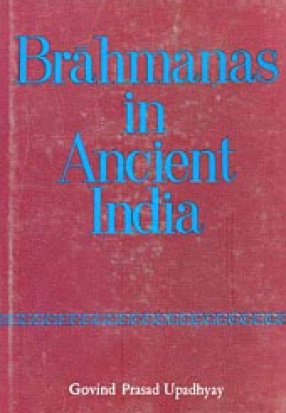
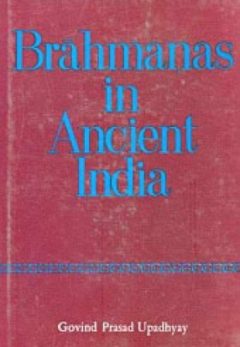
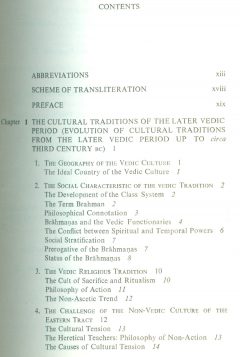
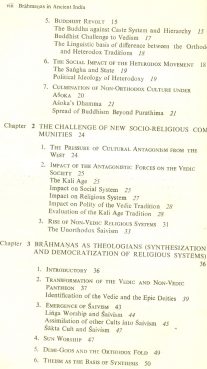
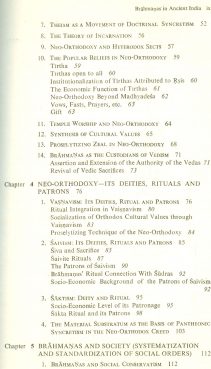
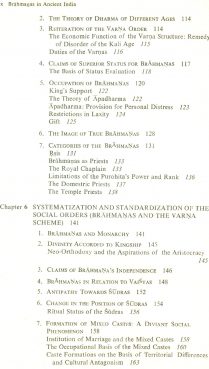
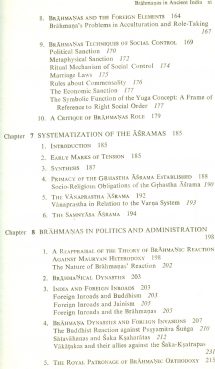
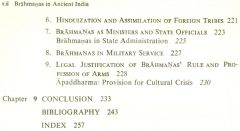



There are no reviews yet.